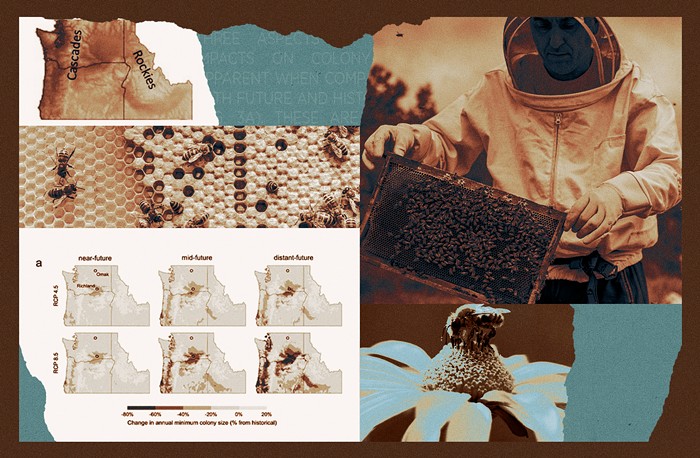
The Green Party's Jill Stein and Pseudoscience: There are plenty reasons to like some of Jill Stein’s positions—and plenty of reasons to oppose her quixotic run for president. But if you’re going to cast your vote for a self-righteous protest candidate, at least do so with full awareness that she cynically panders to the anti-vaccine sentiment and faith in homeopathy in her far-left base. (She’s no better on GMOs). Maybe we should accept the fact there is no purity in politics.
On Cougar Reintroduction, Deer-related Deaths, and Primal Fear: The Eastern Cougar once ranged from as far south as the Carolinas to as far north as Nova Scotia, one of the three apex predators (along with the Gray Wolf and Canada Lynx) native to the expansive forests of the Atlantic seaboard. But in a classic instance of our struggle to coexist with large carnivores, all were effectively exterminated by the early 20th century—extirpations with an unintended result of causing White-tailed Deer populations to skyrocket across the East. This demographic explosion may have been a boon to sportsmen, but has come with its own cost to human life: deer/automobile collisions cause over 200 human deaths each year.
Now, UW College of the Environment professor Laura Prugh and colleagues argue that reintroducing cougars could prevent 155 human deaths and 21,400 injuries—as well as save taxpayers $2.3 billion dollars—over the course of the next three decades. The cost? Some small number (<30) of humans would be killed by cougars in the same period. In some ways, it’s a dilemma not unlike the one posed by self-driving cars, as both issues ask us to make a rational, statistics-based decision that nonetheless exposes us to a low probability but deeply-felt fear. Cars in the future may be better at driving themselves than we are, but for some reason ceding control of a vehicle to a robot that causes our death seems infinitely harder to stomach than killing ourselves behind the wheel under the illusion of free will. Likewise, introducing a large carnivore to reduce deer numbers may make us all safer, but the side effect of making our position in the food chain more than an abstraction is likely too great a hurdle for political will to clear. A death is not always just a death. (That cars are the common denominator of both equations should also not be ignored.)
Salmon Used to Be Bigger (Make Salmon Great Again?): I’ve written before about the phenomenon of declining baselines in nature and cultural memory. As it turns out, even species as iconic and regionally significant as the Chinook Salmon—once regularly growing to over 120 pounds—appear not to be immune to the slow death of lowered expectations. Per Deborah Giles, project manager of the Center of Whale Research: "Today we think a 30-pound Chinook is big.”














